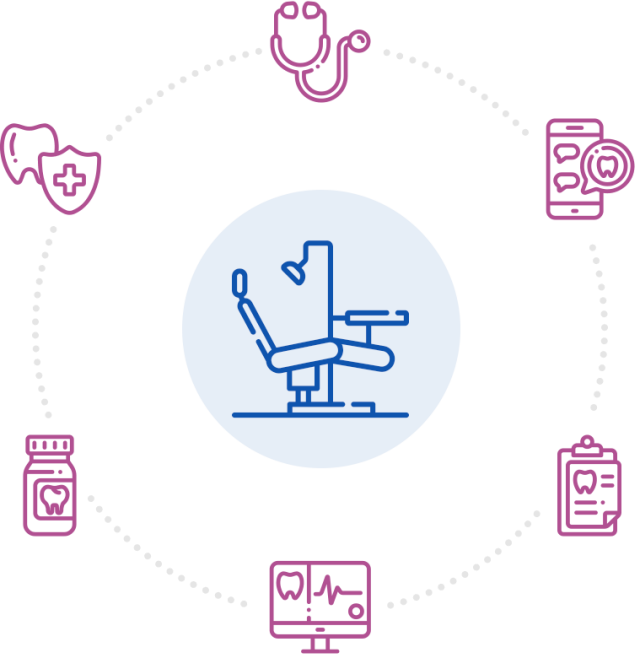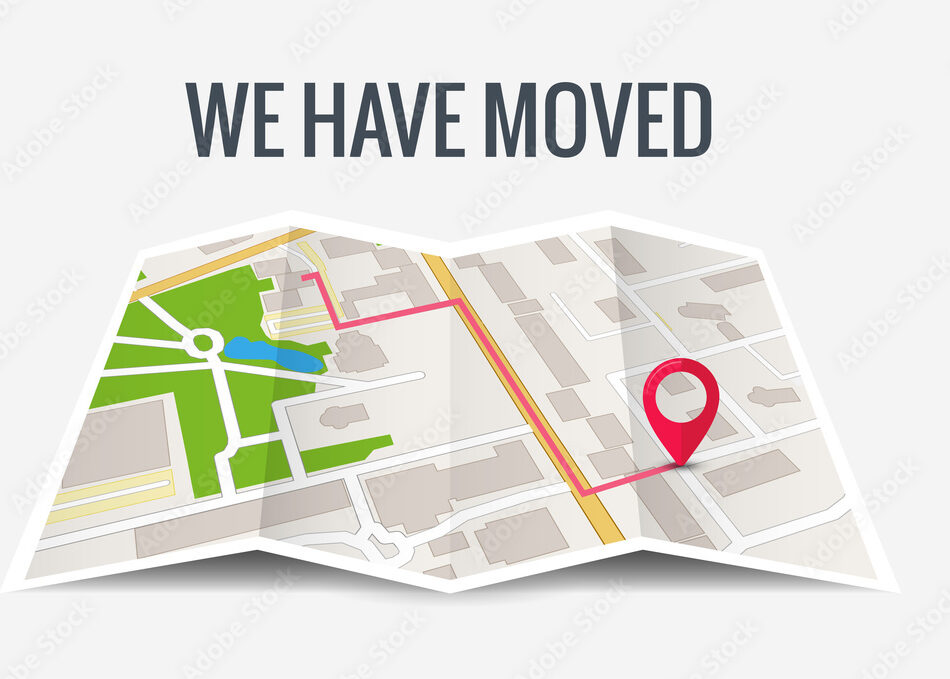
Dentures
Dentures are removable appliances that can replace missing teeth and help restore your smile. If you’ve lost all of your natural teeth, whether from gum disease, tooth decay or injury, replacing missing teeth will benefit your appearance and your health. That’s because dentures make it easier to eat and speak better than you could without teeth—things that people often take for granted.
When you lose all of your teeth, facial muscles can sag, making you look older. Dentures can help fill out the appearance of your face and profile. They can be made to closely resemble your natural teeth so that your appearance does not change much. Dentures may even improve the look of your smile.
Types of dentures:
- Conventional. This full removable denture is made and placed in your mouth after the remaining teeth are removed and tissues have healed, which may take several months.
- Immediate. This removable denture is inserted on the same day that the remaining teeth are removed. Your dentist will take measurements and make models of your jaw during a preliminary visit. You don’t have to be without teeth during the healing period, but may need to have the denture relined or remade after your jaw has healed.
- Overdenture. Sometimes some of your teeth can be saved to preserve your jawbone and provide stability and support for the denture. An overdenture fits over a small number of remaining natural teeth after they have been prepared by your dentist. .
- Implant retained overdenture. nowadays if you don’t have any more teeth you can use dental implants to anchor your denture in. These provide a lot more stability and support for your denture. The denture will clip into the implants that are integrated into your jawbone and provide up to 60% more chewing efficiency than denture alone.
New dentures may feel awkward for a few weeks until you become accustomed to them. The dentures may feel loose while the muscles of your cheek and tongue learn to keep them in place. It is not unusual to experience minor irritation or soreness. You may find that saliva flow temporarily increases. As your mouth becomes accustomed to the dentures, these problems should go away. Follow-up appointments with the dentist are generally needed after a denture is inserted so the fit can be checked and adjusted. If any problem persists, particularly irritation or soreness, be sure to consult your dentist.
Even if you wear full dentures, you still have to practice good dental hygiene. Brush your gums, tongue and roof of your mouth every morning with a soft-bristled brush before you insert your dentures to stimulate circulation in your tissues and help remove plaque.
Like your teeth, your dentures should be brushed daily to remove food particles and plaque. Brushing also can help keep the teeth from staining.
- Rinse your dentures before brushing to remove any loose food or debris.
- Use a soft bristle toothbrush and a non-abrasive cleanser to gently brush all the surfaces of the dentures so they don’t get scratched.
- When brushing, clean your mouth thoroughly—including your gums, cheeks, roof of your mouth and tongue to remove any plaque. This can help reduce the risk of oral irritation and bad breath.
- When you’re not wearing your dentures, put them in a safe place covered in water to keep them from warping.
- Occasionally, denture wearers may use adhesives. Adhesives come in many forms: creams, powders, pads/wafers, strips or liquids. If you use one of these products, read the instructions, and use them exactly as directed. Your dentist can recommend appropriate cleansers and adhesives; look for products with the ADA Seal of Acceptance. Products with the ADA Seal have been evaluated for safety and effectiveness.
If you have any questions about your dentures, or if they stop fitting well or become damaged, contact your dentist. Be sure to schedule regular dental checkups, too. The dentist will examine your mouth to see if your dentures continue to fit properly.
for more information visit the American dental association.


